Cats are wonderful pets, but it can be frustrating when they start peeing on the carpet. There are various reasons why a cat may exhibit this behavior, ranging from behavioral issues to medical conditions.
Overall, addressing the underlying cause of a feline’s inappropriate urination is crucial to prevent this behavior effectively.
- Underlying causes of inappropriate urination in felines must be addressed.
- Stress, litter box issues, and medical problems can trigger the behavior.
- UTIs in cats can lead to peeing outside the litter box.
- Tactics to stop cats include vet consultation and pheromone diffusers.
- Preventive measures and environment management can stop carpet peeing.
By understanding the potential reasons for this behavior and implementing targeted strategies, you can help your cat feel more comfortable and prevent them from peeing on the carpet.
The information provided herein is for informational purposes only. Please refer to our disclaimer for more details..
Why Is My Cat Peeing on the Carpet?
There are several potential reasons why a cat may choose to urinate outside the litter box. Cat behavior needs to be put under a microscope and carefully assessed. Cats, like humans, can display behavioral issues that lead to inappropriate urination.
Stress, anxiety, or changes in their environment can trigger this behavior:
An act as small as changing the type of their litter box can deter them from urinating in their designated box, ultimately choosing to go somewhere else. Cats are creatures of consistency and comfort; anything disturbing can cause them to pee outside the box.
Their stress can be related to adding a new pet or family member to the household, moving houses, or any sudden changes to their daily regimen. Additionally, territorial marking is a common behavioral reason cats pee on carpets or rugs.
Medical issues can also be a factor in a feline’s inappropriate urination. Urinary tract infections, bladder stones, or other health issues can cause discomfort or pain, leading a cat to avoid using their litter box. It’s important to rule out any medical issues by taking your cat to the vet for a thorough examination.
Cats can be picky about their litter boxes. The litter box may be too small, dirty, or in a location that the cat finds undesirable. It’s crucial to ensure the litter box is large enough for the cat, kept clean, and placed in a quiet, accessible location.
Image credits: cottonbro studio
Finally, behavioral issues such as marking territory or rebellion can also lead to your cat wanting to pee where he shouldn’t. Cats may urinate away from the box as a way to assert dominance or communicate their displeasure with a situation.
Cats are naturally territorial animals, and they may urinate in certain areas to claim their territory and share with other cats. This behavior can be especially common in multi-cat households or in homes where outside cats are visible through windows.
What Kind of Medical Issues can Cause your Cat to Pee on the Carpet?
Understanding the potential medical issues that may lead to inappropriate urination is crucial for the well-being of your cat. For example, A urinary tract infection (UTI) can cause discomfort and pain for your cat when urinating, leading them to seek alternative spots to relieve themselves.
Cats who are affected with a UTI may not have the ability to get to the bathroom as fast as they need to, causing them to urinate in a different location. They may develop a preference for this area, causing them to prefer it in the future. As always, it’s crucial to address any potential medical issues with the help of a veterinarian.
While urinary tract disorders are common in cats, urinary tract infections are pretty uncommon. Cats with UTIs try to urinate frequently, may pass only small amounts of urine, may strain to urinate, and may cry or whine when urinating.
Sometimes, blood may be visible in their urine. Urinating outside the litter box is also a red flag that something is wrong with the bladder. Finally, frequent licking around the rear end may signal that a UTI is present.
A UTI can occur when bacteria travel up the urethra and into the bladder. Urine inside the body is sterile, but once bacteria find their way there, they can grow and rapidly multiply, causing a UTI. Additionally, some cats will develop bladder stones with or without a UTI, which makes them more vulnerable to other health problems.
Cats suffering from UTIs may exhibit frequent attempts to urinate, pass small amounts of urine, experience difficulty urinating, and express discomfort while urinating. It is also possible for blood to be present in their urine, and relieving themselves outside the litter box may indicate an issue within the urinary system.
Image credits: Gustavo Fring
If your cat presents to your veterinarian with urinary signs, your veterinarian will first perform a urinalysis. Several urinary tract disorders can mimic the signs of a UTI, so it is important to do this test. The urinalysis reveals essential information about the urine.
Once specific levels are measured, the urine specimen is inserted into a centrifuge machine to allow cells and debris to gather at the bottom of the tube. The debris will then be evaluated under a microscope. This examination can show the presence of crystals, blood, bacteria, and white blood cells.
The information gathered from the microscope examination can determine the next steps in assessing your cat’s urinary tract disease. If crystals are found in the urine, your veterinarian may recommend radiographs or an ultrasound of your pet’s abdomen to look for bladder stones. It’s crucial to perform this test because various urinary tract conditions can imitate UTI symptoms. The urinalysis provides essential information about the urine.
According to a study by Cornell University, kidney disease, thyroid disease, and diabetes can affect a feline’s urinary habits and may result in accidents on carpets or other places. Also, as cats age, their mobility may prevent them from traveling the distance needed to urinate in the litter box, which will cause them to make their private bathroom somewhere more convenient for them.
Monitoring your feline’s bathroom habits and noting any changes or accidents outside the litter box is essential. If you notice any changes in urination behavior, scheduling a veterinary appointment as soon as possible is best. The vet can perform a thorough examination and diagnostic tests to determine the underlying cause of the issue.
How Can I Stop My Cat from Peeing on the Carpet?
Once you understand the potential reasons behind your cat’s behavior, you can take proactive measures to prevent them from peeing on the carpet. Here are some effective strategies:
- Consult a veterinarian. If you suspect a medical issue such as a UTI or bladder problems, it’s essential to seek professional help from a veterinarian. They can diagnose and treat any underlying health issues that may be causing the inappropriate urination.
- Utilize pheromone diffusers. Feliway pheromone diffusers can help create a calming environment for your cat, reducing stress and anxiety that could contribute to urination outside the litter box. Synthetic pheromones mimic natural cat pheromones and can have a soothing effect on your cat.
Image credits: volant
- Going hand-in-hand with smells – cats strongly dislike the scent of citrus, bananas, mustard, vinegar, pine, cedar, peppermint, coffee, and lavender. There are unique products you can buy at your local pet store for this exact issue; they are sprays that are based on one of these deterring smells. Simply spray in areas where your cat is soiling to make them realize their litter box is the correct place to do their business.
- Be diligent about changing soiled litter boxes. Ensuring the litter box is clean, easily accessible, and appealing to your cat is crucial. Cats like to have a clean and private space to do their business. Consider using unscented, clumping litter and providing multiple litter boxes, especially in households with multiple cats.
What Are the Best Ways to Keep Your Cat from Peeing on the Carpet?
Preventive measures and creating a comfortable environment are vital to keeping your cat from peeing on the carpet. Here are some of the best ways to address the issue:
Enzymatic cleaners can effectively eliminate cat urine odor, discouraging your cat from returning to the same spot to pee. These cleaners break down the proteins in the urine that cause the odor, making the area less attractive for your cat to revisit.
Providing your cat with a stress-free and comfortable environment is essential in helping you address the situation at hand. This includes giving hiding spots, perches, scratching posts, and interactive toys to stimulate your cat mentally and physically.
Image credits: Dagmara Dombrovska
Identify their emotions and tendencies. If your cat is prone to stress and anxiety, consider techniques to manage their emotional well-being. This can include providing a stable routine, creating a quiet space for your cat, and using calming pheromones to alleviate any anxiety-related urination issues. Regularly clean the litter box to ensure it is appealing for your cat. This includes scooping out waste at least once daily, ultimately changing the litter with a new one, and cleaning the box every 1-2 weeks.
If your cat continues to pee outside of the litter box, consider asking assistance from your vet to rule out any underlying medical issues that may be causing the behavior. It’s essential to address potential health concerns to effectively manage a feline’s urinary habits.
How to Address the Issue of Cat Marking on Carpets
Cat spraying, especially in multi-cat households, can be a common issue. Understanding territorial marking and implementing positive reinforcement can help mitigate this behavior.
Addressing inappropriate urination in cats requires a multi-faceted approach. First, rule out any medical issues by consulting with your vet. Next, evaluate your cat’s environment and make any necessary changes to ensure they feel comfortable and secure. This may include providing a larger litter box, keeping it clean, and minimizing disruptions to their routine.
Additionally, it provides mental and physical stimulation to help alleviate stress and anxiety. Lastly, consider consulting with a professional animal behaviorist for further guidance on addressing any behavioral issues that may be contributing to the problem.
Image credits: Chris Yang
Understanding the underlying reasons behind cat behavior is crucial in effectively addressing your cat peeing on the carpet. By identifying the root cause, you can take the necessary steps to help your cat feel more secure and comfortable, ultimately resolving the issue.
Research and understand territorial marking. Cats spray their territory with urine, especially when they feel their territory is threatened. This behavior is more common in unneutered male cats, but spayed females and neutered males can also exhibit marking behavior.
Using the correct type of reinforcement can go a long way. Positive reinforcement techniques, such as rewarding your cat for using the litter box and providing interactive playtime, can encourage them to engage in appropriate behaviors while discouraging marking on carpets or other areas.
Consulting a cat behaviorist may be the most surefire way to understand why your cat is peeing outside the box. If the unwanted behavior persists despite behavioral interventions, seek help from your vet to rule out any underlying medical conditions or to discuss potential behavior modification strategies is advisable.
They can provide personalized strategies and tips to help modify your feline’s behavior and prevent future accidents. By taking these proactive measures, you can effectively address and prevent your cat from urinating outside the litter box, allowing you and your feline friend to live together happily and harmoniously.
646views
Share on Facebook
 Dark Mode
Dark Mode 

 No fees, cancel anytime
No fees, cancel anytime 


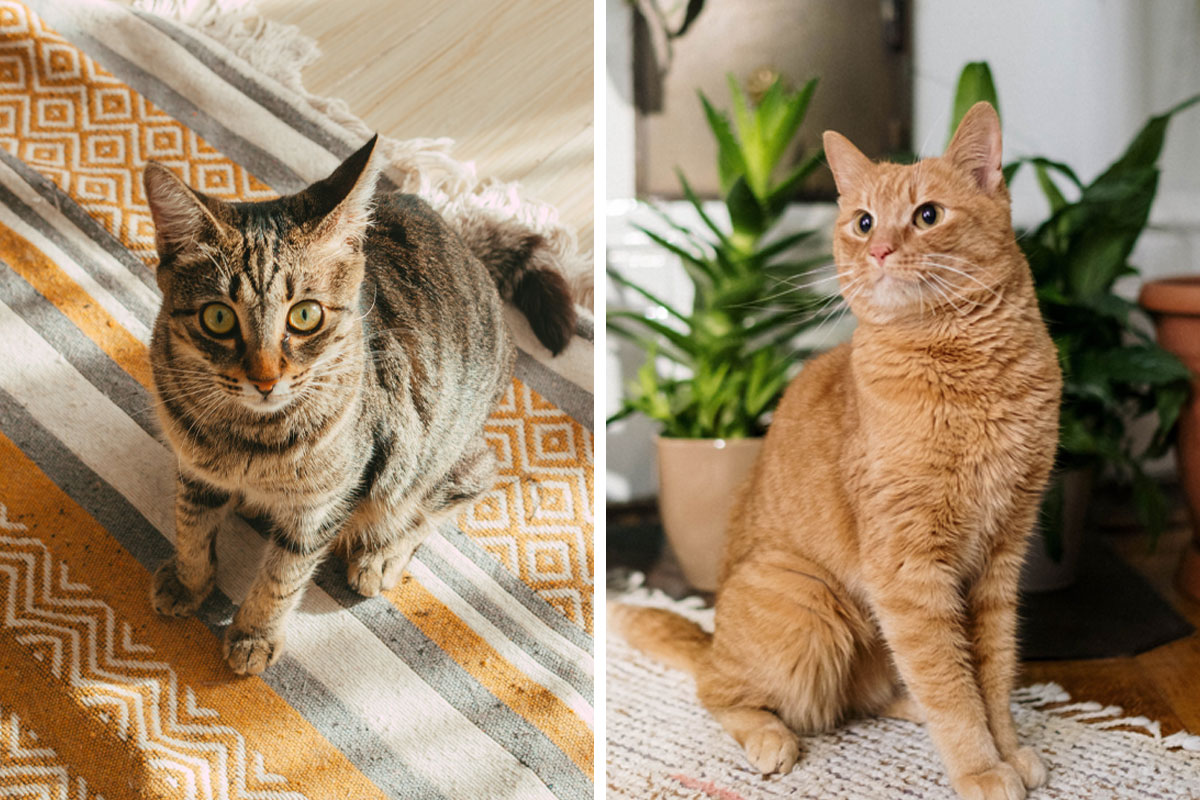
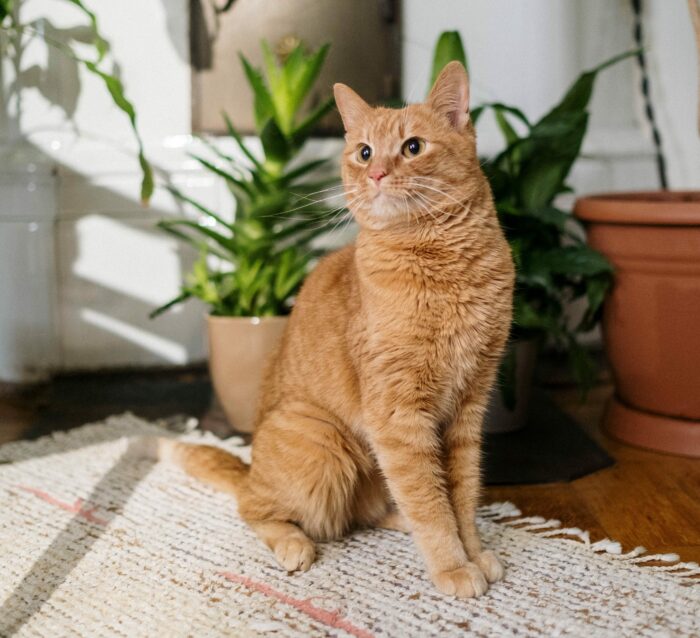
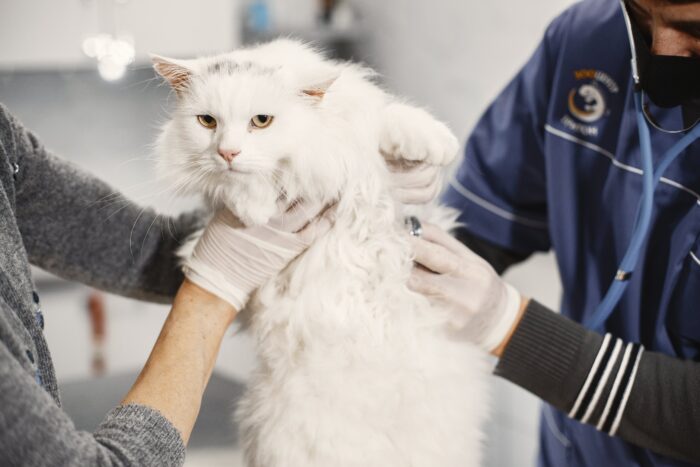

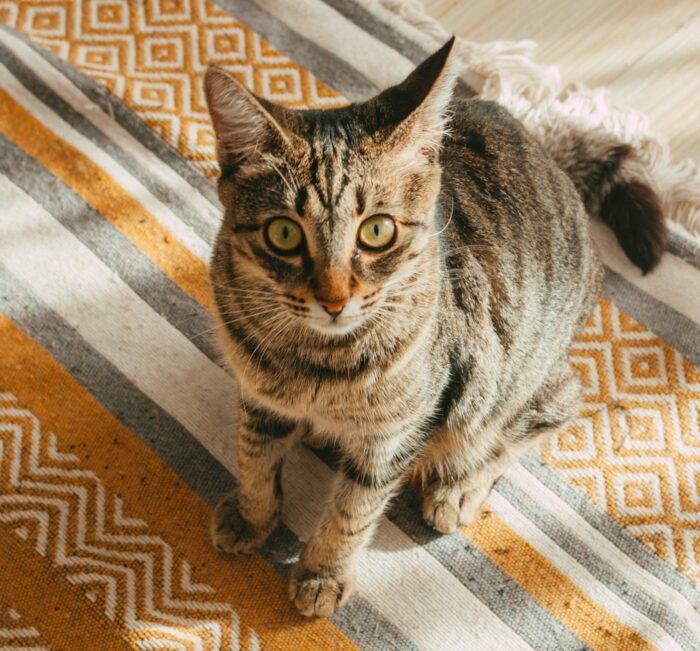
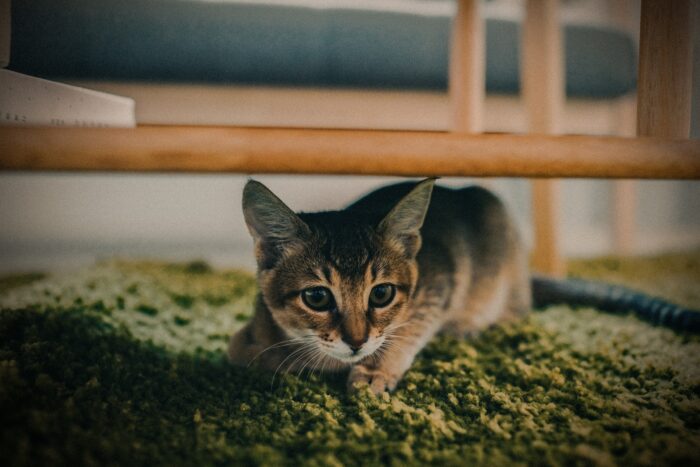




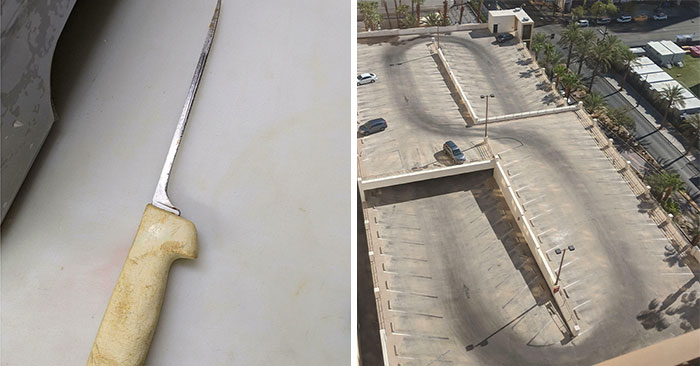

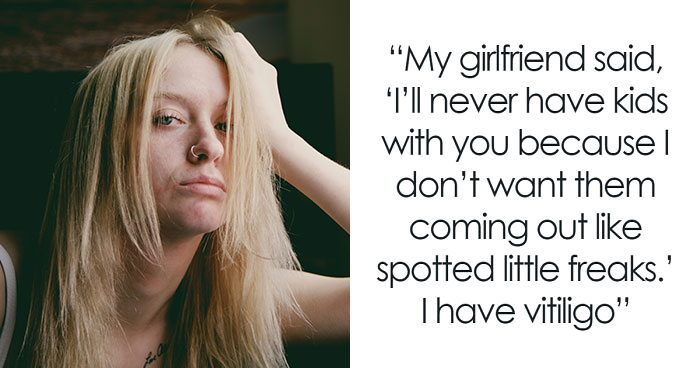







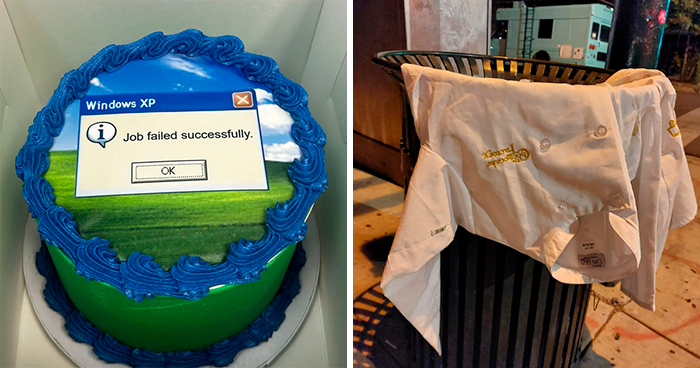








0
0